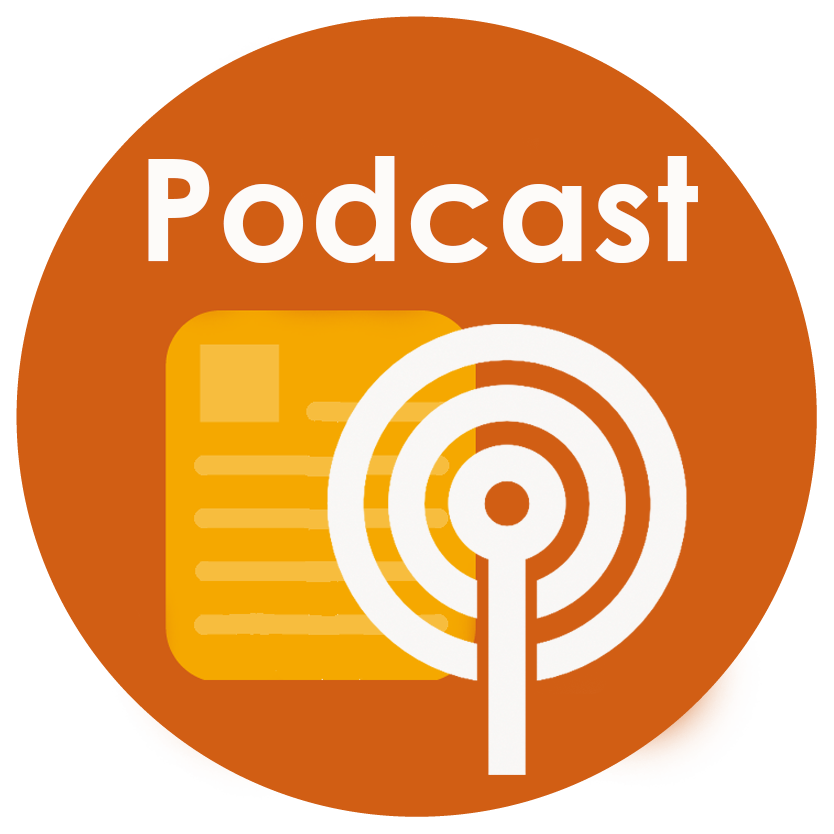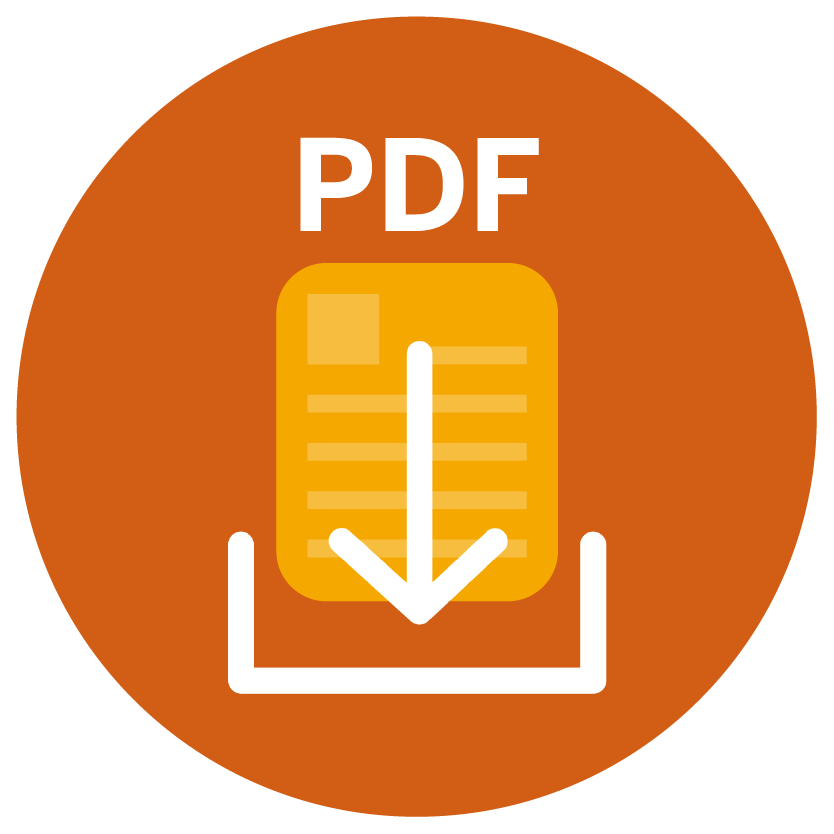
Volume XLII, No. 34 | September 10, 2020
Battlefield of the Mind: A Closer Look at Test Anxiety
Tests and evaluations are an inescapable part of our world. While an assessment’s primary goal is to evaluate a student’s aptitude and identify the need for improvement, it is also a standard tool to connect students with resources such as financial aid and career opportunities.[i] When evaluative assessments determine one’s access to resources, they become more than a tool of academic measurement; students may also use exam results to measure their own worthiness.[ii] This perception induces extreme stress, known as test anxiety, in some test takers. Test anxiety is more than exam jitters. It includes intense nervousness that impairs functioning. It prevents examinees from demonstrating their knowledge and skills, and the test ceases to be a useful assessment tool.
For some students, anxiety is a lifelong affliction. They manage to get through school by adopting various strategies, such as selecting courses where grades are determined by homework, papers, group projects, and class discussions. When plans fail, they cope with the disappointment of grades that do not reflect their knowledge, skills, or aptitude. For others, test anxiety develops late in their academic careers. For example, a successful student might unexpectedly do poorly on an important exam, lose confidence, and becomes more nervous, hindering his or her performance on future exams.[iii] This downward spiral can develop into test anxiety.
In order to recognize test anxiety, look for discrepancies in students’ in-class assignments and exams. A student whose knowledge and skills warrant an A grade, but who earns a B on an exam is not clinically impaired. However, if that same student receives a D on the exam, then the impairment is significant.
Etiology and Impact Test Anxiety
Test anxiety is an episodic physical and emotional response to the subjective distress of examination. It involves excessive amounts of worry and fear of negative evaluations, followed by intense emotion. The worry component is rooted in negative self-talk and self-doubt.[iv] Students might experience intrusive, reoccurring thoughts, such as, “If I fail this exam, my future is hopeless.” Students may also experience muscle tension, shortness of breath, nausea, palpitations, sweating, restlessness, and a tingling sensation. These symptoms wax and wane with anticipation of the exam, becoming more frequent and severe as the exam date approaches. During the exam, anxiety is at its most severe and interferes with concentration and comprehension. Students misread questions, experience difficulty understanding questions, and have trouble organizing information. Students with test anxiety describe their minds as “going blank,” and they often feel panic, a loss of control, and a sense of doom.
Overcoming Test Anxiety
Below is a step-wise approach to treating test anxiety.
Study Skills Training: Study skills training is an intervention used to address a deficit in exam preparation. Strategies include prioritizing, organizing, and scheduling time for exam-relevant learning. Planning and organizational skills are particularly crucial for students with anxiety-induced self-destructive behaviors such as avoidance and procrastination. The mnemonic SQ3R is the most commonly used study skill strategy for students. This strategy restructures the passive process of reading and decoding to an active process of information finding. To implement SQ3R, the student should:
- Survey the material and question what he or she sees.
- Read the material with that question in mind.
- Review the information gathered during the reading process and answer the question he or she posed to their self.
- Recite the information to internalize the material further.
When possible, students with test anxiety should take multiple practice tests under simulated test conditions. Repeat exposure to anxiety-inducing evaluative activities trains the working memory to be more proficient at focusing, retrieving data, and interpreting external information. This technique, termed desensitization, improves cognition, attention, and reading comprehension.
It is important to note that study skills training has proved effective only when combined with cognitive behavioral therapy.
Cognitive Behavioral Therapy: Cognitive behavioral therapy (CBT) is conducted by a licensed mental health professional. The primary goal is to help students recognize irrational and maladaptive thoughts and replace them with a realistic perception. The student learns to reorganize worrying into a productive concern with a plan. For example, instead of “If I fail this exam, my future is hopeless,” the student is trained to stop and evaluate his or her thoughts and recreate a new view, such as “If I fail this exam, I will learn from my mistakes and be better prepared for the next exam.” Although the concern of failure remains, it is not perceived as detrimental. CBT also evaluates other life stressors that may affect testing, such as complicated relationships, financial hardships, and poor lifestyle choices.
Psychopharmacology: Test anxiety that does not respond to study skills training and CBT can be treated with medications. Most commonly prescribed are nonaddictive, short-acting pills taken orally approximately 30 minutes before an exam. Primary care physicians and psychiatrists work closely with students to ensure that doses are efficient and effective.
Extended Time Test Accommodations: For those who are not successfully treated with study skills training, CBT, and medications, modifications of the testing environment can be beneficial. The passage of time is often the most anxiety-provoking aspect of the exam. Studies show that high anxiety decreases the working memory reaction time and proficiency, causing testers to take longer to complete exams. Giving students who struggle with test anxiety more time to complete their exams helps compensate for the time lost and allows for adequate measurement of the student’s skills, aptitude, and knowledge.
Tests and evaluations are a priority in our society and make up the educational biographies that largely determine careers and future success. Therefore, it is vital to understand, recognize, and treat test anxiety. Meeting the needs of testers with high anxiety allows exams to reflect the testers’ knowledge and skills adequately.
Cecilia Frett, Testing Center Coordinator
For more information, contact the author at Bossier Parish Community College, cfrett@bpcc.edu.
References:
[i] Zwettler, C., Reiss, N., Rohrmann, S., Warnecke, I., Luka-Krausgrill, U., & Van Dick, R. (2018). The relation between social identity and test anxiety in university students. Health psychology open, 5(2), 2055102918785415
[ii] Goonan, B. (2003). Overcoming test Anxiety: Giving students the ability to show what they know.
[iii] Zuriff, G. E. (1997). Accommodations for test anxiety under ADA?. Journal of the American Academy of Psychiatry and the Law Online, 25(2), 197-206.
[iv] Mowbray, T. (2012). Working memory, test anxiety and effective interventions: A review. The Educational and Developmental Psychologist, 29(2), 141-156.



